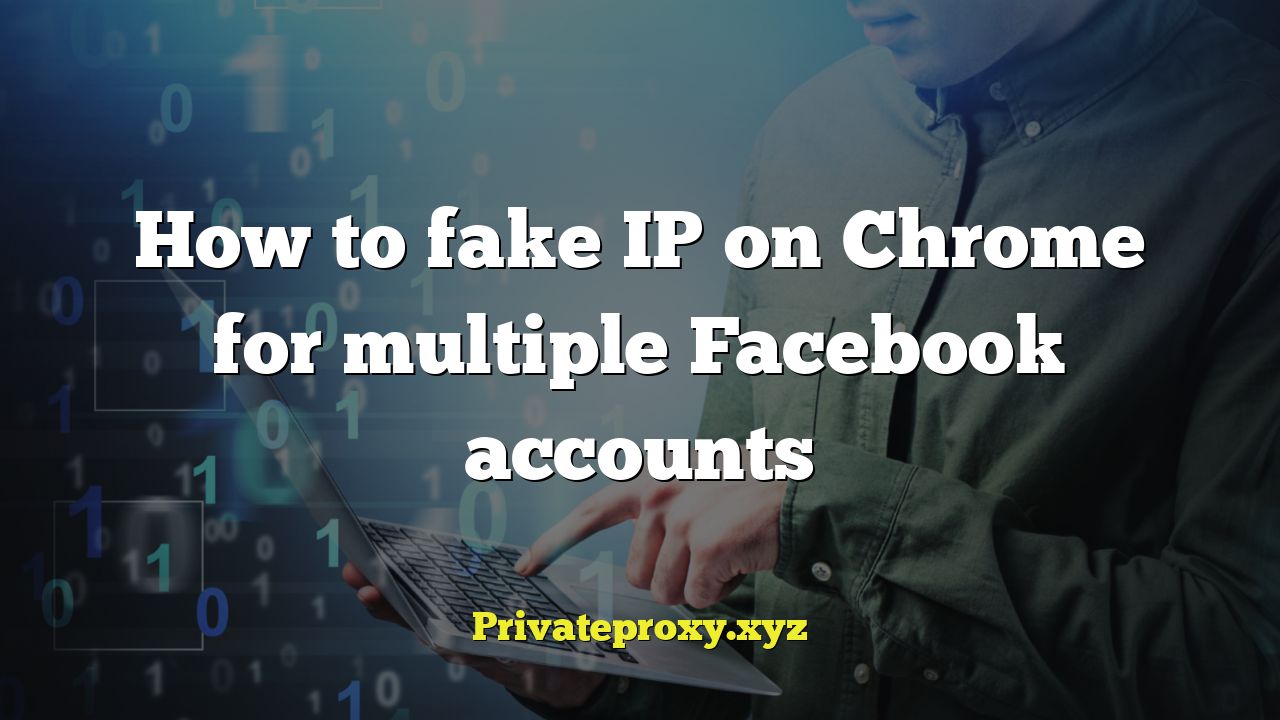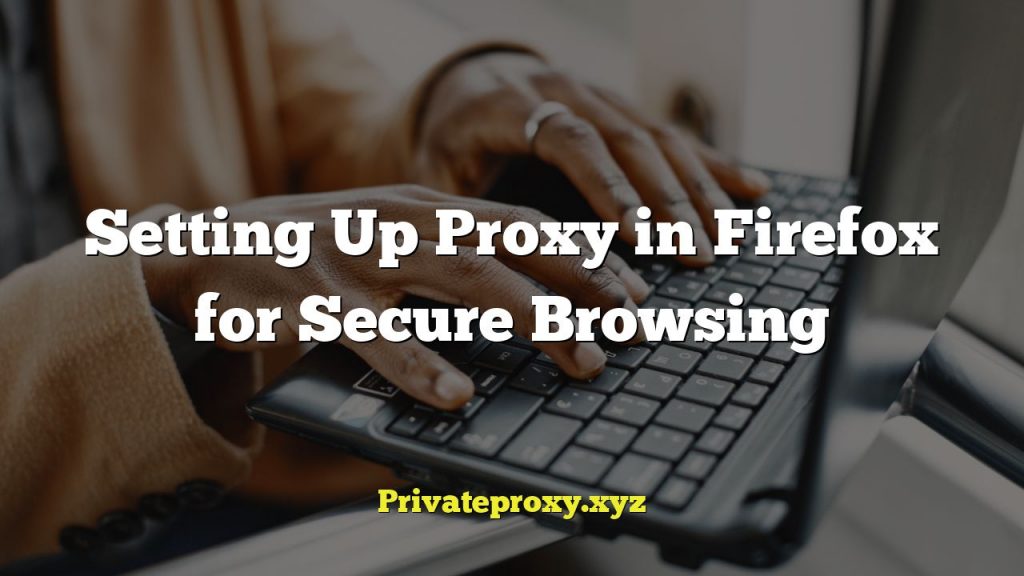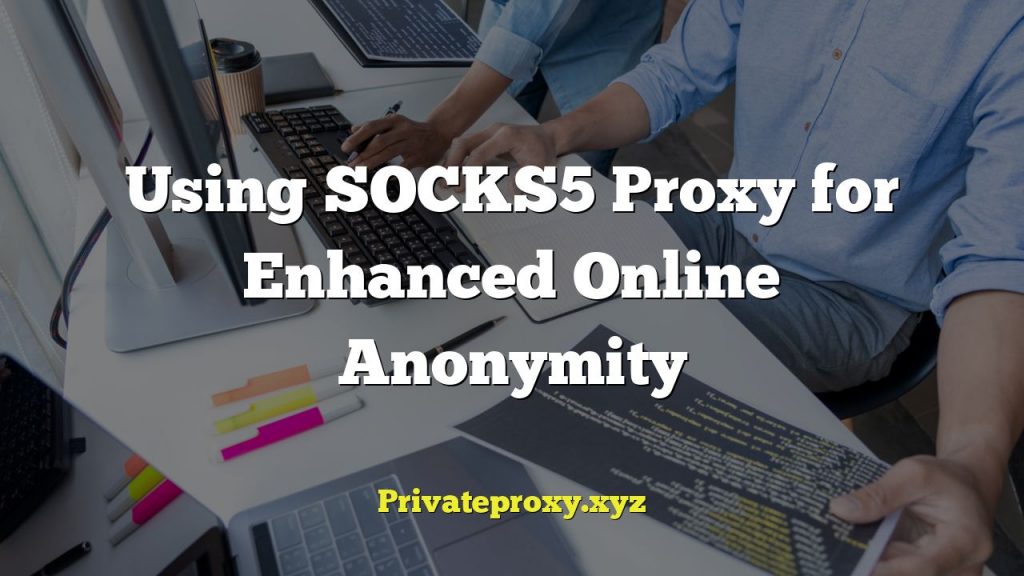
How to Fake IP on Chrome for Multiple Facebook Accounts: A Comprehensive Guide
Managing multiple Facebook accounts can be a strategic necessity for businesses, marketers, and individuals alike. However, Facebook’s terms of service generally discourage this practice, and the platform employs various methods to detect and potentially flag or ban accounts suspected of being operated by the same user. One of the key identifiers Facebook uses is your IP address. By changing your IP address for each account, you can create a higher degree of separation and potentially reduce the risk of detection. This article provides a comprehensive guide to faking your IP address on Chrome for multiple Facebook accounts, exploring various techniques and tools while emphasizing responsible usage and ethical considerations.
Understanding the Risks and Ethical Considerations
Before diving into the technical aspects, it’s crucial to understand the potential risks and ethical considerations involved. While changing your IP address might seem like a simple technical workaround, it’s important to acknowledge that:
- Violating Facebook’s terms of service can lead to account suspension or permanent ban.
- Using multiple accounts for spamming, spreading misinformation, or engaging in other harmful activities is unethical and potentially illegal.
- Faking your IP address can be interpreted as an attempt to deceive or mislead Facebook.
Therefore, it’s essential to use these techniques responsibly and ethically. Consider the purpose of managing multiple accounts and ensure that your activities comply with Facebook’s guidelines and ethical standards. Transparency and honesty are always the best policies.
Methods for Faking Your IP Address on Chrome
Several methods can be employed to fake your IP address on Chrome. Each method has its pros and cons, varying in cost, complexity, and effectiveness. Here’s an overview of the most common approaches:
1. Using VPNs (Virtual Private Networks)
A VPN encrypts your internet traffic and routes it through a server in a different location, effectively masking your real IP address. This is one of the most popular and reliable methods for changing your IP.
Pros:
- Relatively easy to use with dedicated Chrome extensions and desktop applications.
- Provides encryption, enhancing your online security and privacy.
- Offers a wide range of server locations to choose from.
Cons:
- Premium VPNs can be expensive.
- Free VPNs often have limited bandwidth, slow speeds, and may collect your data.
- Facebook can sometimes detect and block VPN IP addresses.
How to use a VPN for multiple Facebook accounts:
- Choose a reputable VPN provider with a wide range of server locations.
- Install the VPN Chrome extension or desktop application.
- Connect to a different server location for each Facebook account.
- Use separate Chrome profiles or browser extensions like SessionBox to keep each account isolated.
2. Using Proxy Servers
A proxy server acts as an intermediary between your computer and the internet, forwarding your requests through its server. This hides your IP address from the websites you visit.
Pros:
- Generally cheaper than VPNs, with many free proxy servers available.
- Can be configured directly in Chrome’s settings.
Cons:
- Free proxy servers can be unreliable, slow, and may collect your data.
- Proxy servers don’t typically offer encryption, making your traffic less secure.
- Facebook can easily detect and block proxy IP addresses.
Types of Proxy Servers:
- HTTP Proxies: Primarily used for web browsing.
- SOCKS Proxies: More versatile and can handle various types of traffic.
- Rotating Proxies: Automatically change your IP address at regular intervals, making it harder to track.
How to use a Proxy Server for multiple Facebook accounts:
- Find a reliable proxy server provider (consider paid options for better performance and security).
- Configure the proxy server settings in Chrome: Settings > Advanced > System > Open your computer’s proxy settings.
- Use separate Chrome profiles or browser extensions like SessionBox to keep each account isolated.
- Change the proxy server for each Facebook account.
3. Using Tor Browser
Tor (The Onion Router) is a free and open-source software that anonymizes your internet traffic by routing it through a network of volunteer-operated servers. It’s designed to protect your privacy and anonymity online.
Pros:
- Free and open-source.
- Provides a high level of anonymity.
Cons:
- Significantly slower than VPNs and proxy servers due to the multiple layers of encryption.
- Facebook can easily detect and block Tor IP addresses.
- Not ideal for everyday browsing due to its slow speed and potential compatibility issues.
How to use Tor Browser for multiple Facebook accounts:
- Download and install the Tor Browser.
- Open the Tor Browser and connect to the Tor network.
- Use a separate Tor Browser instance for each Facebook account.
4. Using Mobile Hotspots or Different Wi-Fi Networks
A simpler, though less scalable, approach is to use different internet connections for each Facebook account. This could involve using a mobile hotspot, different Wi-Fi networks, or even different physical locations.
Pros:
- Relatively easy to implement.
- Doesn’t require any special software or technical expertise.
Cons:
- Not practical for managing a large number of accounts.
- Requires physical access to different internet connections.
How to use Mobile Hotspots/Different Wi-Fi for multiple Facebook accounts:
- Connect each device/Chrome profile to a different Wi-Fi network or mobile hotspot.
- Ensure each Facebook account is accessed from a separate Chrome profile or browser extension.
Maintaining Account Isolation
Changing your IP address is only one piece of the puzzle. To effectively manage multiple Facebook accounts, it’s crucial to maintain strict account isolation. This means preventing Facebook from linking your accounts based on other identifying factors, such as:
- Cookies: Store website data and can be used to track your activity across different websites.
- Browser Fingerprint: A unique identifier based on your browser settings, operating system, and installed plugins.
- User Agent: Identifies the browser and operating system you are using.
Here are some techniques for maintaining account isolation:
- Use Separate Chrome Profiles: Chrome profiles allow you to create isolated browser environments with their own cookies, browsing history, and extensions.
- Use Browser Extensions: Extensions like SessionBox, MultiLogin, and GoLogin allow you to manage multiple sessions and profiles within a single browser window.
- Clear Cookies and Cache Regularly: Clearing your cookies and cache can help prevent tracking across different websites and accounts.
- Use a User-Agent Spoofer: A user-agent spoofer can change your browser’s user agent string, making it harder to identify your browser and operating system.
Choosing the Right Method
The best method for faking your IP address and managing multiple Facebook accounts depends on your specific needs and budget. If you need to manage a small number of accounts and are concerned about security, a premium VPN might be the best option. If you need to manage a large number of accounts on a tight budget, proxy servers might be a more cost-effective solution. However, remember to always prioritize security and privacy, and avoid using free services that may collect your data.
Conclusion
Faking your IP address and managing multiple Facebook accounts requires a combination of technical knowledge, careful planning, and ethical considerations. By understanding the risks and implementing appropriate techniques for changing your IP address and maintaining account isolation, you can increase your chances of successfully managing multiple accounts without violating Facebook’s terms of service or engaging in unethical behavior. Always remember to use these techniques responsibly and ethically, and to prioritize transparency and honesty in your online activities.


